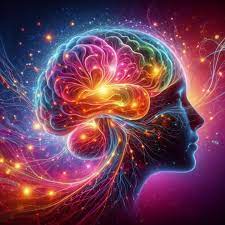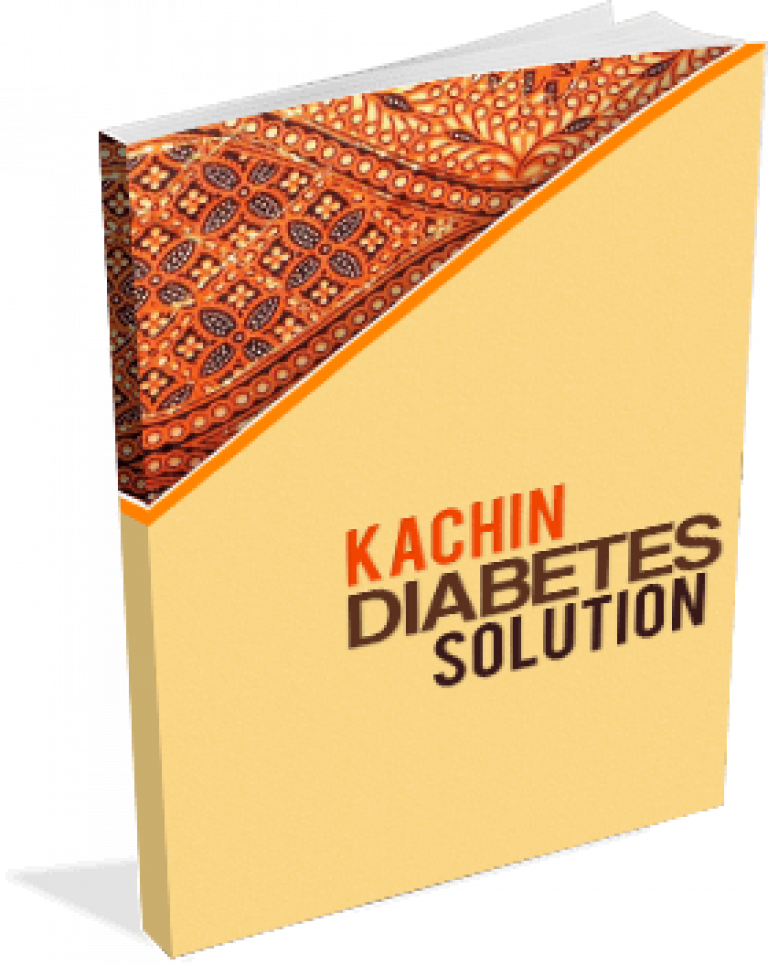Unlock Brain Power with This Cutting-Edge Technology!
In today’s fast-paced world, unlocking the full potential of your brain has never been more essential. We’re constantly bombarded with information, deadlines, and responsibilities that demand sharper focus, better memory, and improved problem-solving skills. But what if there was a way to enhance cognitive abilities, improve brain function, and elevate your mental game? Enter cutting-edge brain-boosting technologies that promise to unlock the brain’s true power.
This article will explore the science behind these innovative tools and methods, their benefits, how they work, and whether they really live up to the hype. Whether you’re a student looking to ace exams, a professional striving to perform better at work, or someone who simply wants to maintain cognitive health, these advancements may hold the key to optimizing your brain power.
The Quest for Cognitive Enhancement
The concept of enhancing brain performance isn’t new. For centuries, humans have sought ways to sharpen their minds. From ancient practices like meditation and herbal supplements to modern-day cognitive training and nootropics, the goal remains the same: improving memory, focus, creativity, and overall brain function.
In recent years, technology has taken a significant leap in this area. The rise of neuroscience and cognitive research has paved the way for breakthroughs that go beyond traditional methods. From neurofeedback devices to brainwave entrainment, various technological advancements have emerged to enhance brain performance with minimal effort.

Understanding Brain Power: The Basics
Before diving into the cutting-edge technologies, it’s essential to understand the fundamental aspects of brain function and power. The brain is composed of approximately 86 billion neurons, which communicate with each other through synapses. These connections are responsible for everything from simple tasks like moving your hand to complex functions like solving mathematical equations or making decisions.
Cognitive function encompasses various mental processes, including:
- Memory: Storing and recalling information.
- Focus and Attention: The ability to concentrate on a task without distractions.
- Problem-Solving and Creativity: Using knowledge to find solutions and think creatively.
- Learning and Adaptability: Acquiring new skills and applying them.
When we talk about unlocking brain power, we’re essentially referring to optimizing these functions and pushing them beyond their usual limits.
Cutting-Edge Technologies to Unlock Brain Power
Several new technologies and methods claim to unlock the brain’s potential. Here are some of the most promising:
- Neurofeedback Training
Neurofeedback is a non-invasive technology that measures brainwave activity and provides real-time feedback. It helps individuals regulate their brain function by teaching them how to control different brainwave frequencies. This type of training can improve attention, reduce stress, and increase mental clarity.
In a typical neurofeedback session, electrodes are placed on the scalp to monitor brain activity. A computer then displays this information in real-time, often in the form of a video game or visual representation. The user learns to control their brainwaves through trial and error, ultimately training their brain to achieve desired states, such as relaxation or concentration.
Studies have shown that neurofeedback can be effective in improving cognitive performance, especially in individuals with ADHD, anxiety, or sleep disorders. It helps the brain self-regulate, allowing for better focus, emotional control, and cognitive efficiency.
- Brainwave Entrainment
Brainwave entrainment is a process where auditory or visual stimuli are used to synchronize the brain’s frequency with an external rhythm. This can induce specific mental states such as relaxation, focus, or creativity. Popular methods of brainwave entrainment include binaural beats and isochronic tones.
- Binaural Beats: These involve listening to two different frequencies in each ear. The brain interprets the difference between the two frequencies as a third tone, which can alter brainwave activity. Binaural beats are commonly used for relaxation, focus, and meditation.
- Isochronic Tones: Unlike binaural beats, isochronic tones are single tones that pulse on and off at regular intervals. They have been shown to induce deeper states of meditation and relaxation.
By targeting different brainwave frequencies (Alpha, Beta, Theta, Delta, and Gamma), brainwave entrainment can help people achieve various mental states, such as heightened focus, improved memory, or deep relaxation.
- Transcranial Direct Current Stimulation (tdcs)
Transcranial Direct Current Stimulation (tdcs) is a form of neurostimulation that involves applying a low electrical current to the scalp. This stimulates specific brain regions, enhancing cognitive functions like learning, memory, and problem-solving.
tdcs works by increasing or decreasing neuronal excitability in targeted areas of the brain. For example, applying tdcs to the prefrontal cortex (the brain region responsible for decision-making and problem-solving) has been shown to improve working memory and executive function.
While the technology is still in its early stages, many researchers believe that tDCS could revolutionize cognitive enhancement, providing a safe, non-invasive way to improve brain function.
- Nootropics (Smart Drugs)
Nootropics, also known as smart drugs, are substances designed to improve cognitive function. These can range from natural supplements to pharmaceutical compounds. Some of the most popular nootropics include:
- Caffeine: Known for boosting focus and alertness.
- L-theanine: Found in tea, L-theanine is known to promote relaxation without drowsiness.
- Piracetam: One of the first synthetic nootropics, believed to enhance memory and cognitive function.
- Rhodiola Rosea: An herbal adaptogen that reduces fatigue and enhances mental performance under stress.
Nootropics work by enhancing neurotransmitter function, increasing blood flow to the brain, or providing essential nutrients that support cognitive health. While the effects vary from person to person, many people report increased focus, better memory, and improved mental clarity when using nootropics.
- Virtual Reality (VR) Cognitive Training
Virtual reality has emerged as a tool not only for entertainment but also for cognitive enhancement. VR cognitive training involves using immersive simulations to train the brain in areas such as memory, attention, and problem-solving.
Through engaging and interactive environments, VR cognitive training challenges users to perform tasks that stimulate different areas of the brain. For example, a user might navigate through a virtual maze to improve spatial memory or solve puzzles to enhance critical thinking.
This method is particularly effective because it combines visual, auditory, and kinesthetic learning, providing a holistic approach to brain training. It’s also been shown to improve cognitive function in older adults, making it a promising tool for maintaining brain health as we age.
- Biohacking Wearables
Biohacking wearables, such as headbands and smart headsets, monitor and optimize brain activity. These devices use sensors to track brainwave patterns, heart rate variability, and other physiological signals that provide insights into cognitive performance.
For example, devices like the Muse Headband guide users through meditation and relaxation exercises by giving real-time feedback on brain activity. The goal is to help individuals achieve deeper meditative states, improve focus, and reduce stress.
Wearable devices for biohacking often integrate with apps that provide personalized recommendations for optimizing brain health, such as sleep, stress management, and mental performance strategies.
Benefits of Brain-Boosting Technologies
The technologies mentioned above offer numerous benefits for both short-term and long-term brain health. Here are some of the key advantages:
- Improved Focus and Attention
Many brain-boosting technologies, such as neurofeedback and brainwave entrainment, are specifically designed to enhance focus and attention. By training the brain to regulate its activity, these methods can help individuals stay on task and maintain concentration for longer periods.
- Enhanced Memory and Learning
tdcs, nootropics, and VR cognitive training have been shown to improve memory and learning abilities. Whether you’re trying to remember important details or learn a new skill, these technologies can give your brain the boost it needs to retain and process information more effectively.
- Stress Reduction and Relaxation
Brainwave entrainment, neurofeedback, and biohacking wearables are excellent tools for reducing stress and promoting relaxation. By guiding the brain into states associated with calmness and relaxation, these technologies can help individuals manage stress more effectively, leading to improved mental well-being.
- Increased Creativity and Problem-Solving Skills
Creativity and problem-solving are essential components of brain power. Brainwave entrainment and tdcs have been shown to enhance creativity by stimulating the brain regions responsible for idea generation and innovation.
- Cognitive Health Maintenance
As we age, it’s crucial to maintain cognitive health. Technologies like VR cognitive training and biohacking wearables are being used to help older adults keep their brains sharp, potentially delaying cognitive decline associated with aging.
Conclusion: Are These Technologies Worth It?
Unlocking brain power through cutting-edge technology is an exciting and promising frontier in cognitive enhancement. The technologies mentioned offer a variety of methods to improve focus, memory, creativity, and overall brain function. However, it’s important to approach these technologies with realistic expectations. While they can provide noticeable benefits, they are not magic solutions, and their effectiveness can vary depending on individual factors.
As with any brain-boosting strategy, combining these technologies with a healthy lifestyle regular exercise, a balanced diet, adequate sleep, and mental challenges is key to maximizing cognitive potential.
By embracing these innovative tools, you can take proactive steps toward unlocking your brain’s true power and achieving your cognitive goals.
More Information




